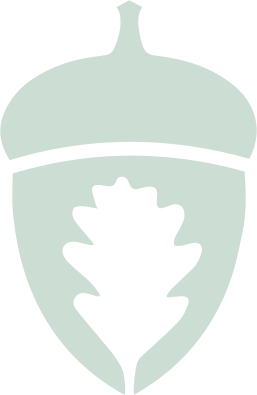
Curriculum Overview for Little Acorns
At Little Acorns, our curriculum is designed to give children a strong foundation across all areas of the Early Years Foundation Stage so that they can confidently access learning at an age-appropriate level when starting school.
We offer a broad and ambitious curriculum, covering the full range of skills, knowledge, and understanding set out in the EYFS. At the same time, we are mindful of barriers that might prevent some children from achieving their potential, and we carefully plan to support every child to succeed.
We know that children learn in different ways and at different rates, so our curriculum is organised around progressive end points. These help us plan small, achievable steps to support children’s learning, while allowing flexibility to respond to their interests and emerging needs.
Each day balances child-initiated play and adult-led learning, including:
- Continuous play indoors and outdoors
- Small group activities
- Opportunities for free, creative exploration
We also run twice-daily key worker group sessions, which focus on planned learning intentions as well as responding to identified gaps or needs in children’s development. These sessions allow children to benefit from small group teaching while still having time for exploration and play.
Our approach is cumulative, so children build on what they already know and can apply it in new ways. Long-term plans outline overall learning themes, medium-term plans translate these into experiences and opportunities for the term, and short-term plans guide the day-to-day activities, which are adapted as we observe children’s interests and progress.
Provision includes:
- Twice-daily story sessions using books from our planned core list
- Daily nursery rhymes to develop rhythm, language, and memory
- Targeted support for vocabulary development
- Planned physical activities, supporting gross motor skills like running, climbing, and balance, alongside fine motor development such as cutting, mark-making, and manipulating small objects
- Activities and routines that support Personal, Social, and Emotional Development, helping children learn to manage feelings, build friendships, take turns, and develop confidence and resilience
We map clear end points for each area of learning and break these down into progressive steps, so we can identify children who may need extra support and provide adapted resources or activities to help them catch up.
The impact we aim for
